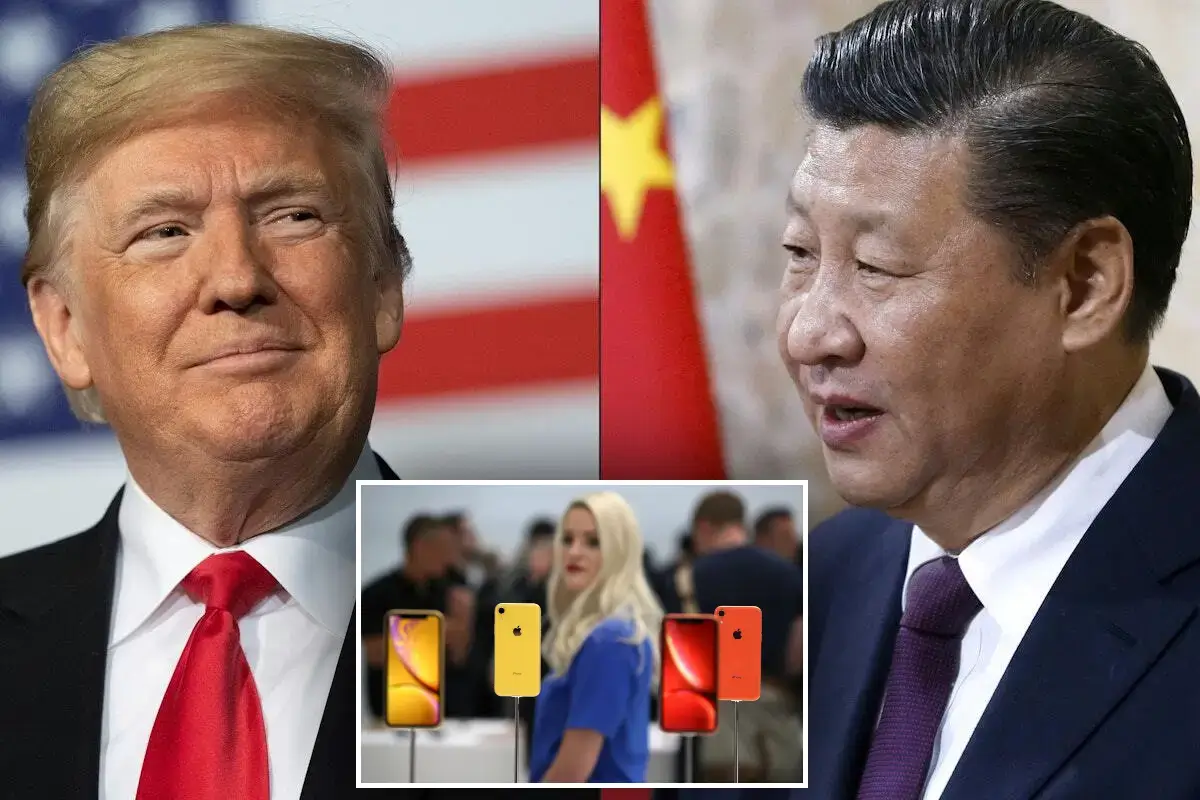The Trump administration’s decision to exempt electronics like smartphones and laptops from tariffs imposed on China has sent shockwaves through the global trade landscape. It’s a move that’s being seen as a significant retreat in the ongoing trade war, and one that aims to ease pressure on major tech companies and US consumers.
Let’s be real, the tariffs were always going to be a double-edged sword. On one hand, they were meant to protect US industries and intellectual property. On the other hand, they’ve disrupted global supply chains and hurt US consumers. The exemption of electronics from these tariffs is a nod to the reality that global trade is far more complex than a simple tit-for-tat tariff war.
For India, this move presents an opportunity. With mobile phone exports already on the rise, the 20% tariff edge over China in the US market could be a game-changer. Indian companies like Apple partners Foxconn and Wistron are likely to benefit from this move, potentially boosting India’s electronics exports even further.
But here’s the thing: the trade war is far from over. The US-China trade tensions are likely to continue, albeit in a more nuanced manner. The exemption of electronics from tariffs might be a tactical retreat, but it’s not a signal that the trade war is ending anytime soon.
As we navigate this new landscape, one thing is certain: the winners will be those who adapt quickly to the changing rules of global trade. For India, this means continuing to invest in its electronics industry, fostering innovation, and creating an ecosystem that supports growth. For the US and China, it means finding a way to reconcile their differences and redefine the terms of their trade relationship.
The iPhone olive branch might be a small step towards peace in the trade war, but it’s a significant signal that the global trade landscape is changing. And those who adapt quickly will be the ones who reap the benefits.
What does this mean for the future of global trade? Only time will tell, but one thing is certain – the trade war might be far from over, but the future of global trade will be shaped by the decisions we make today.
